Please introduce yourself. Where are you from, what are you doing in France, and what were you doing before you arrived?
My name is Nicholas Parrott. I am fifty eight years old and single, originally from Kingston upon Thames in the UK, but I don't go back much anymore. I've been living in Europe for fifteen years – nine years in the Netherlands, five in Brussels and I moved to Hendaye three weeks before the Brexit vote. It was rather bad timing as acquired residency rights are based on the time you have spent in a specific country, not Schengen as a whole.
What brought you to Hendaye? How long have you been in the country?
Hendaye sort of found me. I had sub-let my flat in Brussels for the winter of 2015-16 with the aim of ‘moving South'. My work (I'm an editor for academics) allows me work from anywhere and, while I liked the buzz of being at the centre of Brussels, I wanted more access to nature and better weather. That autumn I travelled along the Pyrenees for about two months and at the end of the trip stopped here with the plan of staying for a month to write about the experience while it was still fresh in my mind. I rented an off –season gîte in Hendaye for a month and never really left – except to go back to Brussels to empty my flat and close down my affairs. It was around the time of the Paris bombings. I mention that because in Brussels I lived in Molenbeek Saint Jean, where several of the Paris jihadists grew up or were based. I'd decided to leave Brussels months before the bombings, but knowing some of those responsible were my neighbours strengthened my resolve.
What was the process of moving to France like?
This was my third international move, so I'd been through the hoops before, but every move has its own problems. Britons tend to think of Europe as a homogenous whole, but every country has its own different systems. You have to change your health and social insurance, open a bank accounts, get ID cards (at least in Belgium and the Netherlands – they are not mandatory in France), change your car registration and insurance, sort out new utility providers: the works. Plus, I bought a flat in Hendaye so I had the stress of working out how the system works, reading contracts in French and coping with a sinking pound in anticipation of Brexit. So, I had to hedge against any future falls in the pound, otherwise the flat could have become unaffordable and I would have lost my deposit.
You find yourself having to navigate through systems (in a foreign language) which work in ways that can be very different to what you are used to. Sometimes you can't get past the pre-recorded message or multiple choice menus, so it can be very frustrating You need a good network of people around you who can show you which doors to knock on and, when things get stuck (which they will), give them a push.
What is your favourite thing about France, and what is your least favourite thing?
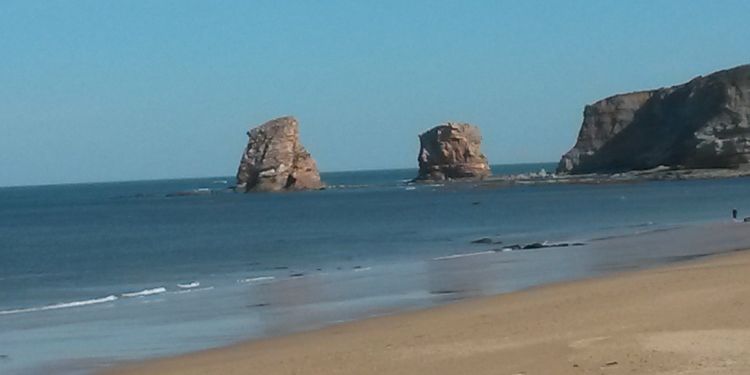
Hendaye is not really France – its cultural identity is Basque. I look at a Spanish mountain from my balcony and it's just a ten minute walk done to the bridges that join the two countries. Hendaye also has a unique micro-climate: you can grow oranges, lemons and grapefruits: go twenty kilometres inland or forty kilometres north, past Bayonne and you don't find that. I haven't found much that I don't like in the year or so I have been here. The complexity of the administration can be frustrating and confusing, but most ‘fonctionnaires' are very helpful.
What are the features of today's expat job market in Hendaye?
Most of the expats here are Spanish, some 20% or more of the town's population. They live here and work across the border. There aren't really many Anglophone expats in Hendaye. Most of us work remotely on arts and communication-type projects. Some supplement that by teaching English (more on the Spanish side of the border).
Tourism and logistics are the main employers around here, although the sports supply chain Decathlon has recently moved its entire water sports division here. They mostly bought in their existing staff, but it is having a knock-on effect for local suppliers. If you are a surf instructor (or any other watersport for that matter) you're in luck here. Hendaye has more surf schools than anywhere else in France. If you want a job that involves contact with the public, some knowledge of Spanish and Basque are almost indispensable. I often hear all three languages used in my bank or the supermarket.
How easy or difficult it is to find accommodation in Hendaye, and what type of accommodation is available for expats?
Many French people complain about property prices here, which are inflated by both tourism and the Spaniards who work across the border. Houses and flats aren't cheap here, but they are cheaper than the rest of the ‘Silver Coast'. There are more estate agents in Hendaye than bakers and bars put together, so there's a big supply of, and demand for, housing. Much of their stock is holiday flats, and you can buy one from around a hundred thousand Euro, but they are really quite tiny and not for year-round living. Houses don't start at much less than a quarter of a million, though they are substantial. It's quite difficult for a foreigner looking to rent somewhere, as landlords are reluctant to rent if you don't have tax attestations from the past two years, even if you can show you have capital or a source of income. A couple of agents wouldn't even put me on the books for that reason.
What are the year's biggest festivals in Hendaye?
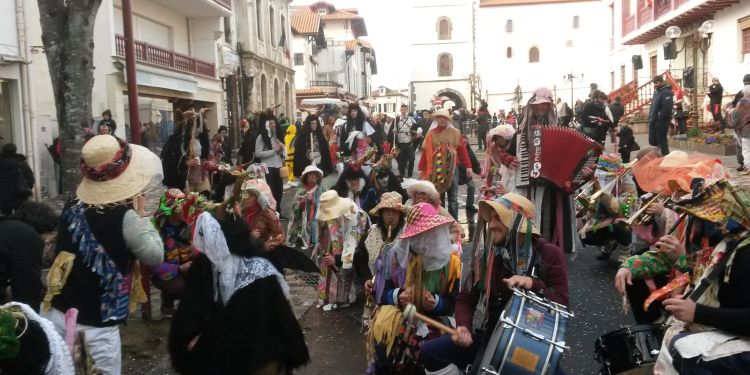
Hendaye is very seasonal. For two months a year it's humming. For much of the rest of the year it's what the French call ‘une peu calme'. But the Hendayaise love to party and there are carnivals for everything; the crabs, the tuna, the sardines, the apple harvest, the cider-making, the cherries, the fireman's ball.
There are three big ones: Tamborrada – which is the name of a type of Basque drum – the kind used by marching bands. This one happens on the last weekend in January – the town's patron saint day. Then there is St. Panza at the time of the spring equinox, when the devil of winter is put on trial and burned in the town square. The first weekend of August sees the Basque Carnival, which goes on for several days.
They generally involve dressing up – each fiesta has its own dress code but they all generally involve drinking wine on the street out of goatskins. I can always tell when there is a fiesta coming up as I start hearing all the marching bands practicing in their club houses.
How is the transportation system in Hendaye? How do you move around?
There are train and bus links to St Jean, Biarritz and Bayonne, but the train timetable is erratic and the buses take forever. So, when you want to go to those places, a car is most helpful. The same too if you want to go the villages inland. There are buses and a tram that cross the border from Spain into France that will take you to San Sebastian (Donostoia as it is known around here) and beyond. There is a local bus service that links the four quarters of Hendaye that can be useful. In summer, it is essential to have a bicycle just to get to the beach as it can be impossible to park close to it at peak times.
Have you been able to adapt to France and the society?
Quite easily. There have been moments when I have felt isolated, but that is more because of the nature of my work. So I have really had to make an effort to get out. There is a co-working space that I visit about one a week, although I don't often do much work there. And I have joined several societies and clubs: tennis, hiking, a jardin collectif, and Planet Ecole, which is a group that sells second hand books on the beach in the summer and sends the profits to schools and organic farming projects in Africa. Getting involved in these projects gets you known and is appreciated. It's opened lots of other doors for me.
How is everyday life for you in Hendaye and what do you do in your free time?
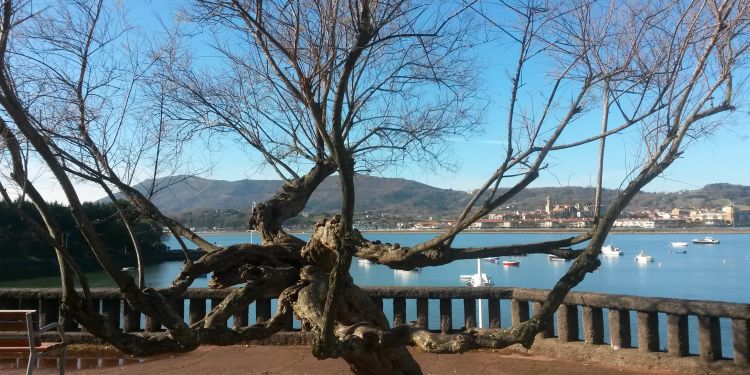
Different seasons have different rhythms. I recently had the great good fortune to acquire a garden a hundred metres from my flat. It's my first year on the plot, so it's quite a steep learning curve. It's in a very visible spot at the heart of our little quarter, so I spend a third of my time chatting to passersby who are curious about my no-dig permaculture method.
Are there activities for people who enjoy nightlife?
Most of the social life here hinges around associations, musical and gastronomic societies where people go to drink and gossip with their friends. If you get to know a local it's quite easy to get invited and you'll know everyone's name by the end of the evening. Pintxos Potos are a regular feature of my social life. People make up pintxos (Basque tapas) and share them with other members of their association. There are cut price drinks and any money made goes to fund the association's activities.
Cideries are another big tradition. These are cider houses, most of which make their cider on the premises that do a fixed four course meal and as much cider as you can drink for around 30 Euros. There's a fairly standard menu which usually includes a cod omelet and massive cuts of roast beef, often locally sourced. It's a thing to do with family or a group of friends. They can get rowdy by the end of the meal, with many groups breaking into song.
What new habits have you developed in France? And what old habits have you quit in France?
Fizzy bottled water and pastis are the new habits. English tea is the habit I haven't lost after fifteen years away from the UK . I get friends to send me over teabags – the tea one finds here just isn't the same as in the UK.
What is your opinion on the cost of living in Hendaye?
Hendaye hasn't got any really big supermarkets (‘grandes surfaces' as they are known in France) and the smaller ones are more expensive because they have higher overheads. Being right by the border with Spain means that I, like many others, cross over to Irun for cigarettes, alcohol and fuel. They are all about twenty per cent cheaper over the border. It's also fun to shop in Spain and see the different specialties. I try to buy meat, fish and cheese from local stores/ producers which are more expensive, but the quality is top notch. And there is very big gift economy here. People with a glut of rhubarb or plums tend to share them with neighbors and then you make them into chutney or something and keep the gift economy rolling. Last night I was given three slices of freshly caught white tuna and a couple of locally grown grapefruits by a neighbor.
What is something that you would like to do in France, but haven't had the opportunity to do yet?
I would like to spend more time in the high Pyrenees and to explore the Spanish side of the border more. I need to pick up some more Spanish and am thinking about getting a kayak.
Give us some useful tips that soon-to-expatriates in France will benefit from.
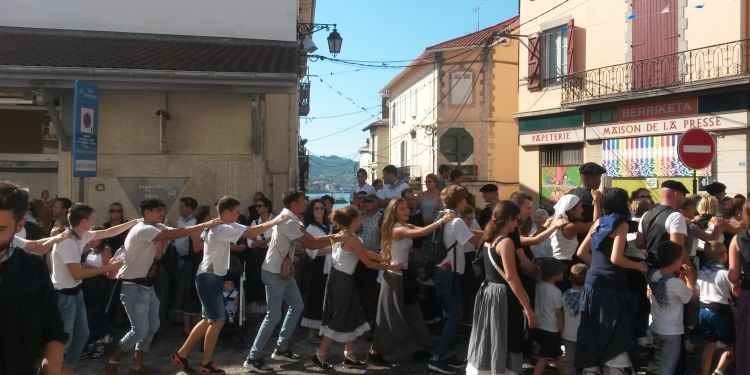
The familiar mantra: get involved. Join the local resident's association, tennis or botany club or whatever floats your boat or, if you are in a small place, whatever is available. French people are much more ‘club' oriented than most Britons. Read the local newspaper once week and, of course, practice speaking French.
The unfamiliar one: get a cleaner! And treat them with respect. Being British and from near working class stock I always thought ‘having a cleaner' was for the lazy and overpaid. In the Netherlands many of my friends (university researchers etc., not big earners) had one. I asked one of them about it one day. He said, ‘well my partner always complains about my cleaning skills, so 25 Euros a week prevents arguments on that front'. Later I realized that 25 Euros a week was money well-invested. I came back to a super clean home every week; almost like walking into a hotel room that happens to belong to me. Ironically, it provokes a weekly ‘having to clean up for the cleaner' ritual – putting away those things that you don't want her to see, tidying away my papers, making my kitchen presentable etc..
What motivated you to write your blog The Hendaye Diaries ?
It's quite sporadic these days. I'm focusing more on my book about my journey along the Pyrenees. The blog started off as the Ex-pat files about ten years ago, but last year it morphed into the Hendaye Diaries – the title for my second book, which is still germinating. It largely reflects the change in content since I moved here. I am no longer in the Brussels expat bubble, so I am more writing about the world around me now, though I do sometimes still write about politics and identity which was the main focus of the ex-pat files. Since changing the title, I have noticed that my hits now overwhelmingly come from France. I wish I could do my readers the service of writing in French. Perhaps one day.
If you had to advise an expat on five items to bring with them in France, which would that be?
A teapot (and a spare) is really the only thing that springs to mind. Try to leave as much behind as possible. It's a good opportunity to start over without lugging all of your furniture with you. It probably won't fit either in terms of space or aesthetics. I just kept a couple of heirloom pieces; a small bookcase made by granddad and a Kashmiri carpet that I had bought on my travels.
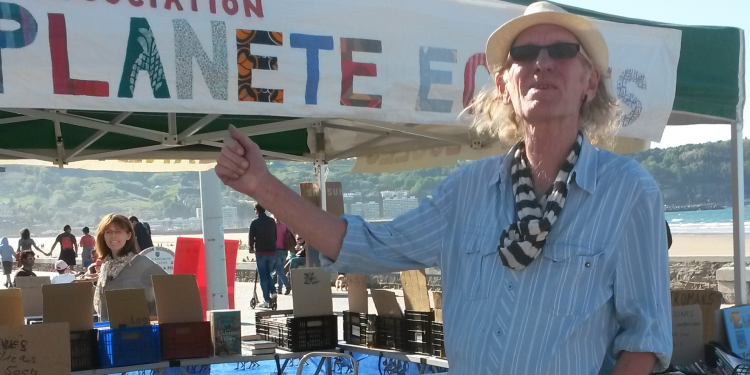


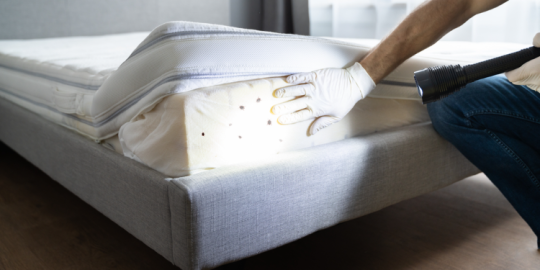

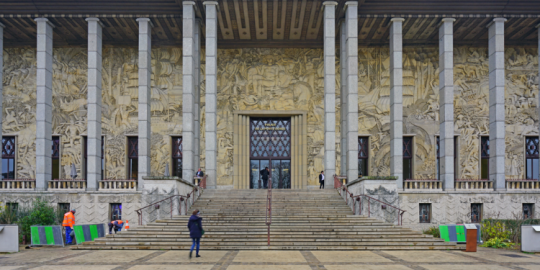


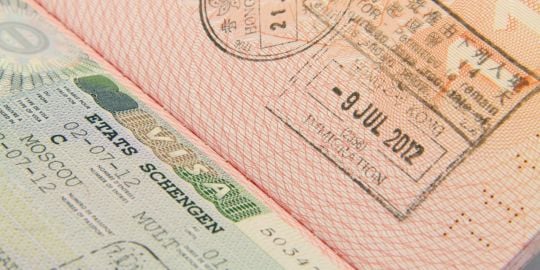

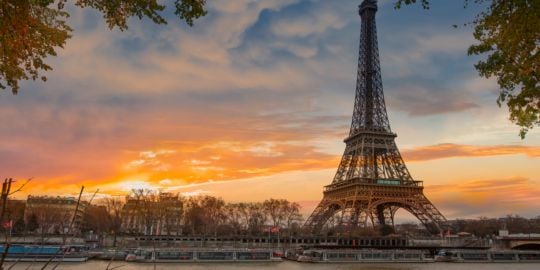






Contact us to be featured in the Interviews section.
Participate